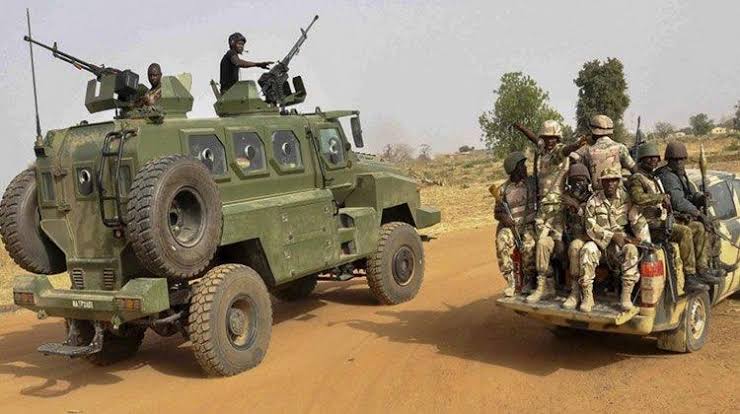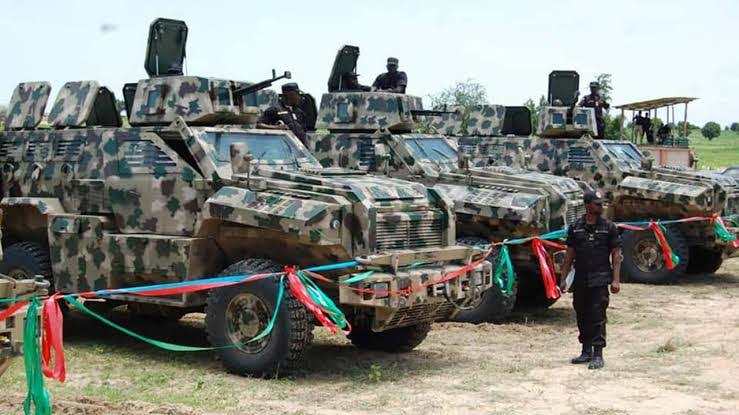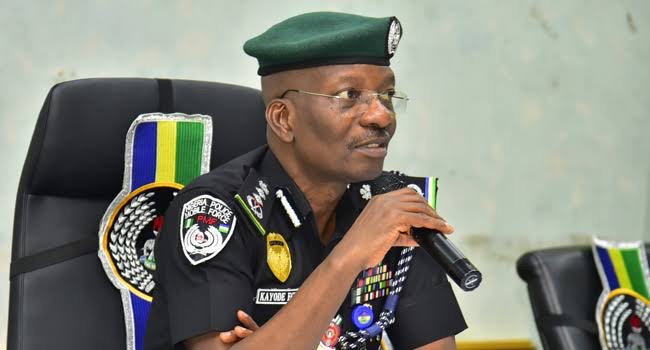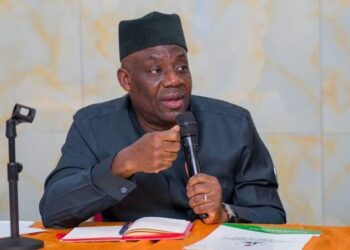Kayode Egbetokun, the Inspector-General of Police (IGP) in Nigeria, has indicated that the police may seek assistance from other security forces, including the military if the ongoing nationwide protests against rising hunger levels continue to escalate. The demonstrations, which have spread across the country, have seen varying levels of intensity, with some turning violent.
On Thursday, several northern states experienced significant unrest. In Kano, Kaduna, Gombe, and Yobe, the protests became chaotic, resulting in looting and vandalism. The situation in these areas has been marked by widespread property damage and disorder, prompting concern from authorities.

In contrast, in major cities like Lagos and Abuja, the situation was somewhat different. Although the protests there were largely peaceful, the police took a more forceful approach by deploying teargas to disperse the crowds. This action was taken to prevent the peaceful demonstrations from escalating into more serious disturbances.

During a press briefing on Thursday, Inspector-General Egbetokun addressed the current state of affairs. He assured the public that the Nigeria Police Force is on high alert, with all units prepared to respond quickly and effectively to any issues related to public safety and order. Egbetokun emphasized that the police are well-equipped to handle the current situation and are ready to collaborate with other security agencies if the need arises. This could include seeking support from the military to ensure that the protests do not spiral further out of control.

The ongoing protests have been termed ’10 Days of Rage’ and have gained traction on social media under the hashtag #EndBadGovernance. These demonstrations are a response to the severe economic difficulties facing the country. Nigeria is currently experiencing its worst cost of living crisis in decades. This crisis has been exacerbated by recent governmental decisions, including President Bola Tinubu’s removal of the petrol subsidy and the floating of the nation’s currency in 2023.
These measures have significantly impacted the cost of essential goods and services, leading to widespread public discontent.
As the situation continues to develop, both the government and the public are closely watching the protests, hoping for a resolution that addresses the underlying economic issues while maintaining peace and order across the nation.




































